Follow along in the powerpoint for everything you need in today's class! See the Homework page for links and deadlines.Happy Tuesday, seniors! Please use the powerpoint embedded below to guide you through today's class!
Today's AgendaSenior Project Brainstorm Discussion and Next Steps- (This contains the assignments, requirements, and due dates for fall semester. All links are here!)
Justice Monologue #2 Work Time and conferences as needed! Your rough draft for critiques is due Tuesday, 10/27, so today you should definitely research your case study and begin outlining your ideas so you can write the rough draft over the weekend.
Bears Ears Stakeholder Summit Guidelines and Agenda
Additional Resources:
Homework Reminder
Today's Conferences
Tomorrow, SVEN (or written?) 2:40: Sam Atchison 3:05: Chris Atchison Conference Resources
Today's Agenda
Homework Reminder
Today's Conferences
Today's Agenda
Conferences this week:
This Week's Homework
Today's Agenda

Starter 3: Write this in your October starter docs
Links You'll Need for Class Today
Reminders! 1. Due Friday, 10/9: Read Indigenous Cultures, Indigenous Places by Jacqueline Keeler (pages 64-66 only) and reply to my question on our STREAM for google classroom! This will be a participation grade.
3. A's and C's Conferences Schedule Reminders
TODAY's AGENDA
ENVIRONMENTAL ETHICS LECTURE POWERPOINT
|
|
Becky Clausen is a professor of Sociology & Human Services at Fort Lewis College who has been doing qualitative research to examine the effects of the Gold King Mine spill on Navajo farmers on the Navajo reservation. In conjunction with Navajo scholars, she has interviewed over 100 farmers to understand the long-term impacts of the mine spill on both their farming practices as well as the social-psychological impacts. She’ll speak to the ways in which the same event can impact different communities in very different ways.
|
Rebecca Clausen is the chair and an associate professor of Sociology and Human Services at Fort Lewis College. She is also an affiliate faculty member in the Environmental Studies Program. She joined the college in 2008 from the University of Oregon, where she was a graduate teaching fellow in sociology and environmental studies. Clausen is an environmental sociologist whose research interests include the social drivers of environmental change, the political economy of global food systems, and marine fishery degradation. Her current research focuses on the social and emotional impacts of the 2015 Gold King Mine Spill to farming communities on the Navajo Nation.
Dr. Clausen actively publishes her research in journals such as Sustainability and Society and Natural Resources. In 2015, Clausen co-authored and published The Tragedy of the Commodity: Oceans, Fisheries, and Aquaculture which contributed to defining a new field of Marine Sociology. She is a reviewer for several journals, including the American Sociological Review, Conservation Biology, and Sociology of Development.
Dr. Clausen is actively involved in college committees such as the Institutional Review Board. She teaches a summer field course, Ecology and Society, and travels with students for five weeks to different communities around the Four Corners. She is an advisor for the FLC Sociology Club, which runs the Grub Hub, a student-run food bank for FLC students.
For FRIDAY's CLASS
Beyond Standing Rock: Film (1 hour, 10 minutes)
|
Take notes as you watch on these questions:
|
Watching the film, Beyond Standing Rock
1. What is the film about? Let's read the film description below 2. What is tribal sovereignty?
More Context on the Film
|
BEYOND STANDING ROCK takes a close look at the Dakota Access pipeline, Bears Ears National Monument and other US/tribal clashes across the country.
The films take viewers to the front lines of the protests on the North Dakota plains and also investigates the ongoing legal struggle behind the protests.
In addition to the Dakota Access pipeline controversy, BEYOND STANDING ROCK looks at how Colorado’s Southern Ute Tribe has taken control over their own oil and gas resources, creating an economic powerhouse and changing the lives of tribal members.
Finally, BEYOND STANDING ROCK puts viewers right in the
middle of a heated land war over the new Bears Ears National Monument in Southeast Utah. Utah lawmakers want President Trump to overturn the designation of the new monument, while a coalition of tribes argues for collaborative management of monument lands.
- Learn what are the major components of air pollution, including particle pollutants, ground level ozone and greenhouse gases.
- Discuss how the three spheres of sustainable development relate to one environmental issue, namely air pollution.
- Explore an example of how human behavior is changing air on Earth, how those changes are affecting humans, and how human efforts might help or ameliorate those changes.
Links You'll Need for Class:
- To view The Human Element chapter on Air”: https://vimeo.com/328528959 enter code: THEedu
- Note-taking guide for The Human Element (make a copy and share the guide with Ashley)
- The Dejardins reading
- Dejardins' article group discussion guide
- Senior Project brainstorming assignment
- Key terms needed for the video from The Human Element (2 minutes)
- Watch 14 minute video clip ("Air" from The Human Element) (14 minutes)
- Small group discussion activity to deconstruct the Dejardins reading (40 minutes)
- Whole class: Share out Dejardins group discussions (10 minutes)
- Go over the Senior Project Brainstorming, Phase 1 Guidelines (10 minutes)
ANNOUNCEMENTS
- Flex/Sven Schedule listed on my DP below the link to our google meet
- Students who are currently failing Stats or Humanities may need to start staying for Sven
- TODAY'S CONFERENCES
- 11:35: Cormac Gardner
- 12:00: XavierTyler
- (Tomorrow: Nick and Milo, Thursday: Jake and Rosie, and Friday: Ainsley and Finn)
The Human Element: "Air"
| Sustainability Definition and the Three Spheres of sustainability
|
In an arresting new documentary environmental photographer James Balog captures the lives of everyday Americans on the front lines of climate change. He profiles each element: Earth, Air, Fire, Water and how the 5th Element- HUMANS interact with and impact each element. We’re just focusing on one chapter from the film on “Air”.
Watch 14 minute video on "Air" from The Human Element (enter code: THEedu)
- Students take notes on the note-taking guide while you watch
- Share out your notes after video ends
Dejardins' Article Discussion
| Dejardins Discussion + Activity (50 minutes) A note from Ashley on student leadership during online class: I need y'all to really step up and help each other make the most of these online class meetings. Please take initiative in whole group and small group discussions, don't just let a few people take the reigns, own your education, be empowered! Knowledge is power! |
- In groups of 3-4 discuss the Dejardins reading.
- Pick the following group roles:
- Facilitator
- Note taker/time keeper (30 mins)
- Deep Diver -push your peers ideas further, elaborate
- Note-taker: make a copy of this handout to guide your discussion. Share it with Ashley and your group.
- If your group has a question, email me and I’ll pop into your chat room
- Make sure to complete the Final Group Statement at the bottom and be ready to share that out as well as any questions/confusions your group had!
- Be prepared to share out your group statement when we reconvene (10 minutes)
Senior Project Brainstorm
| Assign Senior Project brainstorming Phase 1 (Phase 1 is due Thursday 10/22 at the start of class) Homework Begin Senior Project brainstorming Phase 1- try to come up with ONE idea by Thursday! |
Write down one appreciation you have for someone in our pod-- pick someone you don’t normally appreciate! Share it out!
Announcements
- Use the google meet link Sara sent out for Monday's class
- Due Tuesday, 10/6: Read “Environmental Ethics: An Introduction to Environmental Philosophy” by Joseph Dejardins
- As and Cs conferences today: Vinny (2:40) and Molly (3:00)
Justice Monologue Rehearsal/Peer Critique and Refinement (45 minutes)
- Make a copy of the Peer Critique handout.
- Share it with your group members.
- Share your monologue with your group members as well.
- Follow the instructions on the Peer Critique handout.
- When you're done rehearsing/critiquing, make any last minute refinements you can by 10:00 (for pod 1) and by 12:35 (for pod 2)
Justice Monologues! (30 minutes)
- Attach your monologue to the assignment in google classroom. If you only have an outline/notes, record it while delivering it today and attach the audio file to google classroom in addition to your notes.
- Expectations for active and KIND listening
- We'll just go clockwise around the room.
- When it is your turn, stand up and deliver your speech slowly, proudly and boldly
- As you're listening, take notes! What lines or ideas catch your attention? What lines or ideas challenge your own beliefs?
Justice Monologues Reactions (10-15 minutes)
At the bottom of your written Justice Monologue, write "REACTION" and take the next 10-15 minutes to just WRITE based on what you are thinking/feeling right now after listening to every one's monologues. Think about how your own ideas have evolved, what ideas have been challenged, what ideas need more thought on your part to fully understand or be able to defend, or what ideas were further reinforced and why...
(20 minutes) Assign and begin reading “Environmental Ethics: An Introduction to Environmental Philosophy” by Joseph Dejardins- due Tuesday, start of online class.
- First- quick review: what do you remember about RAWLS?
- Next- Tuesday's assigned reading: Dejardins does a really nice job summarize the philosophies we’ve studied so far but applies them to environmental ethics and environmental racism, so it will be a foundational text for our EJ unit!
- Let's read an excerpt from bottom of page 239 and top of page 240
- Then, we'll read the first 2 pages and discuss the questions on page 2 about refugees (232-233)
Rawls Lecture - Wrap it up if we have time
- To understand the Dalai Lama's concept of Altruistic Punishment
- To continue to learn more philosophies of justice and think critically about how your own values and beliefs relate to the philosophies
- Specifically, understand John Rawls' concept of Justice as Fairness and Immanuel Kant's "Deontology"
- Write an inspirational and well-reasoned Justice Monologue!
Announcements
- Lunch norms/expectations: still staying with our pod. If you eat inside, keep doors open. Let's do our part to keep Animas's doors open to in-person learning as long as we can!
- Sign up for an A's and C's of Humanities conference with me! (link is here AND on google classroom)
- How to make a google calendar event tutorial
- Today's Conferences: Britt, 2nd period and Lucy at 2:45
- Tomorrow's Conferences: 2:45: Vinny, 3:10: Molly
- Preparing for the conference: Review the A's and C's of Humanities guidelines and make sure to pay attention to what the A and three C's are (pages 6-8) as well as how to prepare for the conference AND how I'll grade the conference (pages 4-5).
- MONDAY's online class is required for all. You will get an attendance grade. Keep an eye out for a google meet link from SARA PRICE. It won't be the normal google meet link on my DP. Here is what class is about Monday and what you need to bring with you:
• An ID issued by the state of Colorado, like a license or a permit
OR, if you've never been given one,
• the last 4 digits of your Social Security Number
You can take a picture of your ID in preparation for the session, because you only need a number from the ID to register. If you need to use your SSN, ask your guardians for that information in advance
Turn in September Starters to Google Classroom!
Create a new document called "October Starters"
October Starter 1: Review Justice Key Terms handout
- Review all the key terms (remember, justice isn't just about punishment!)
- Don't forget the concepts of security, liberty, and equality and how to balance those three
- Highlight any key terms that stand out to you and/or resonate with your philosophy of justice to be able to integrate into your monologue
- Do some research to help you better understand some of the key terms that you sound interesting to you
- Share out which key terms you highlighted. Pick 1 and explain WHY you chose that.
Lecture: Rawls' Justice as Fairness
Justice Monologue (rest of class!)
- Justice Monologue LIVE speech examples (as you listen, notice aspects that make for a good monologue)
- Ashley will read aloud Hannah Shew's example
- We'll watch an excerpt from Malala Yousufzai's speech: 3:24- 7:45
- Review the rubric
A World at School and partners brought together hundreds of young education advocates from around the world, including Malala Yousafzai, who made her first public speech since being attacked by the Taliban in Pakistan.
Finish your monologue! Be ready for rehearsing and refinement tomorrow.
Reminder: You’ll have ~40 minutes to rehearse and refine before delivering it in class tomorrow.
Ashley Carruth
Humanities teacher at Animas High School
Archives
May 2021
April 2021
March 2021
February 2021
January 2021
December 2020
November 2020
October 2020
September 2020
May 2020
April 2020
March 2020
February 2020
January 2020
December 2019
November 2019
October 2019
September 2019
August 2019
May 2019
April 2019
March 2019
February 2019
January 2019
December 2018
November 2018
October 2018
September 2018
August 2018
May 2017
April 2017
March 2017
February 2017
January 2017
December 2016
November 2016
October 2016
September 2016
August 2016
March 2016
February 2016
January 2016


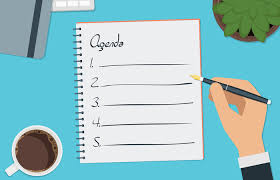




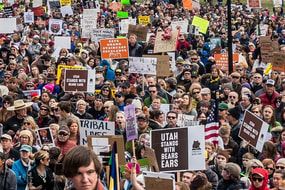
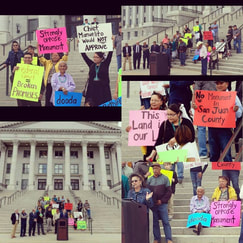


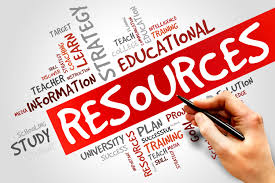
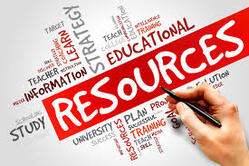



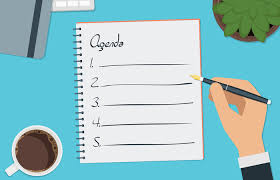
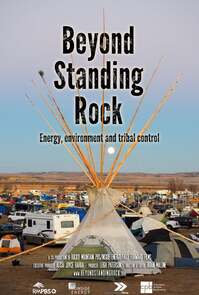
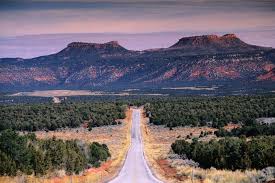

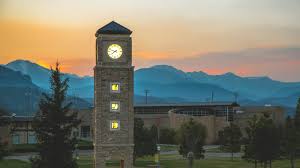
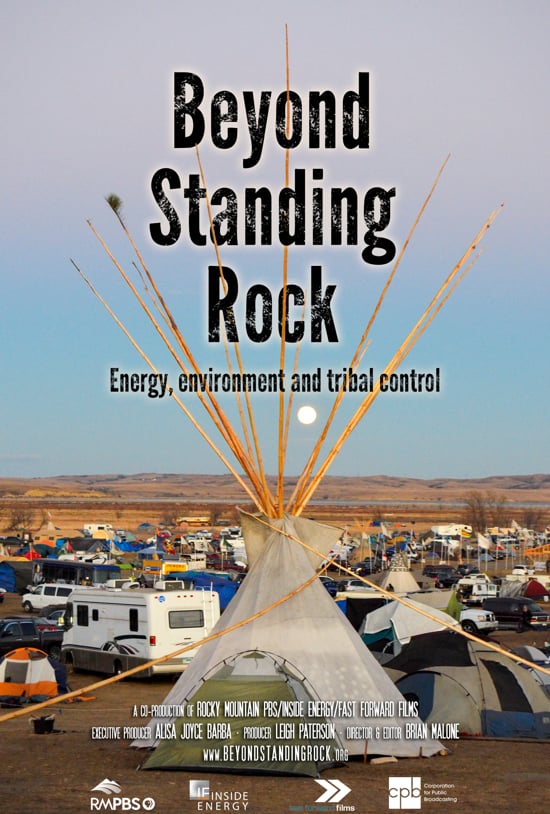
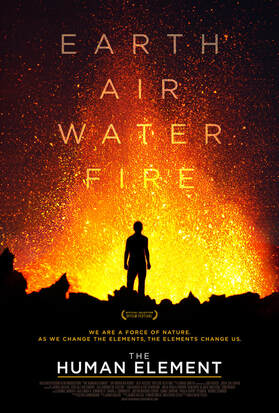
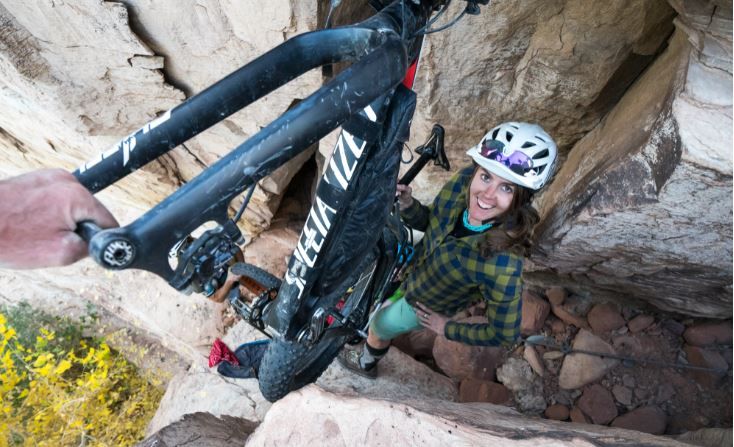
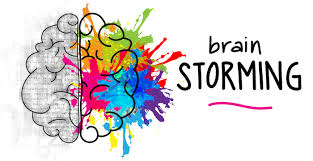
 RSS Feed
RSS Feed
